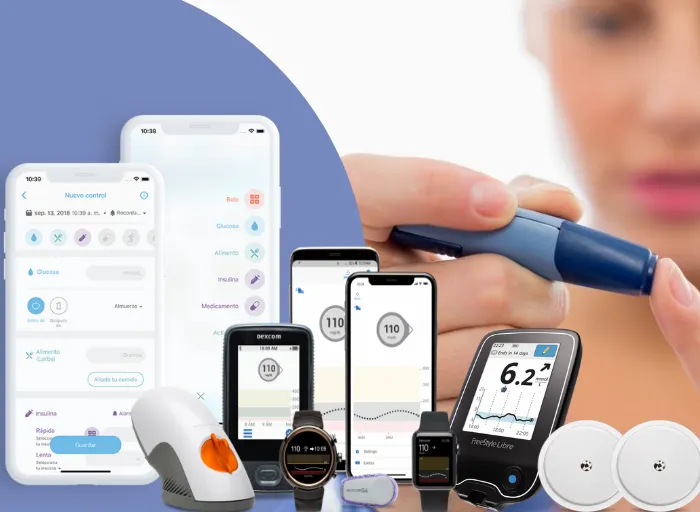Experts participating in the Diabetes review meeting, which has been held at the Hospital de la Santa Creu and Sant Pau in Barcelona, have pointed out that the technological evolution in diabetes will favor the creation of "artificial pancreas".
"We are living an exponential development of the technologies applied to the assistance of patients with diabetes, facilitating their control and communication with the health team," said his scientific coordinator, Antonio Pérez Pérez, from the Hospital de la Santa Creu and Sant Pauand president of the Spanish Diabetes Society (SED).
One of the most relevant advances for Dr. Pérez is the "constant evolution of subcutaneous insulin infusion systems (insulin pumps) and continuous glucose monitoring systems."
According to this specialist, all this will lead "to not very long term to a system that does the functions of the pancreas; or what is called artificial pancreas."
For the expert, other significant advances in the field of diabetes are the appearance in the last decade of new drugs that provide complementary mechanisms of action on blood glucose and do not increase the risk of hypoglycemia.In addition, they reduce body weight and have beneficial effects on cardiovascular and renal protection.
"Advances in insulinotherapy with the development of the so -called 'smart insulins' or glucose -sensitive insulin systems are also relevant, in which the administration is regulated according to patient's blood glucose," he said.
Diabetes and cardiovascular disease
Another of the diabetes review tables has addressed the relationship between diabetes and cardiovascular disease.Dr. Jesús Álvarez García, of the Advanced Heard Insufficiency Unit of the Department of Cardiology of the Ramón y Cajal University Hospital in Madrid, has talked about the diagnosis and treatment of heart failure in diabetes.
In this regard, he stressed that in the scope of the diagnosis "for the first time the periodic (annual) determination of biomarkers (natural peptides and/or troponin) is recommended to diabetic patients with cardiovascular risk as screening of heart failure, among other cardiovascular pathologies".
Looking ahead, this specialist plans to know what sequences and combinations of treatments are the most effective and adequate for the treatment of heart failure (IC) in diabetic patients.
"We will also know the usefulness of some new devices for the early diagnosis of IC, such as remote dielectric detection (REDS)," he added.





